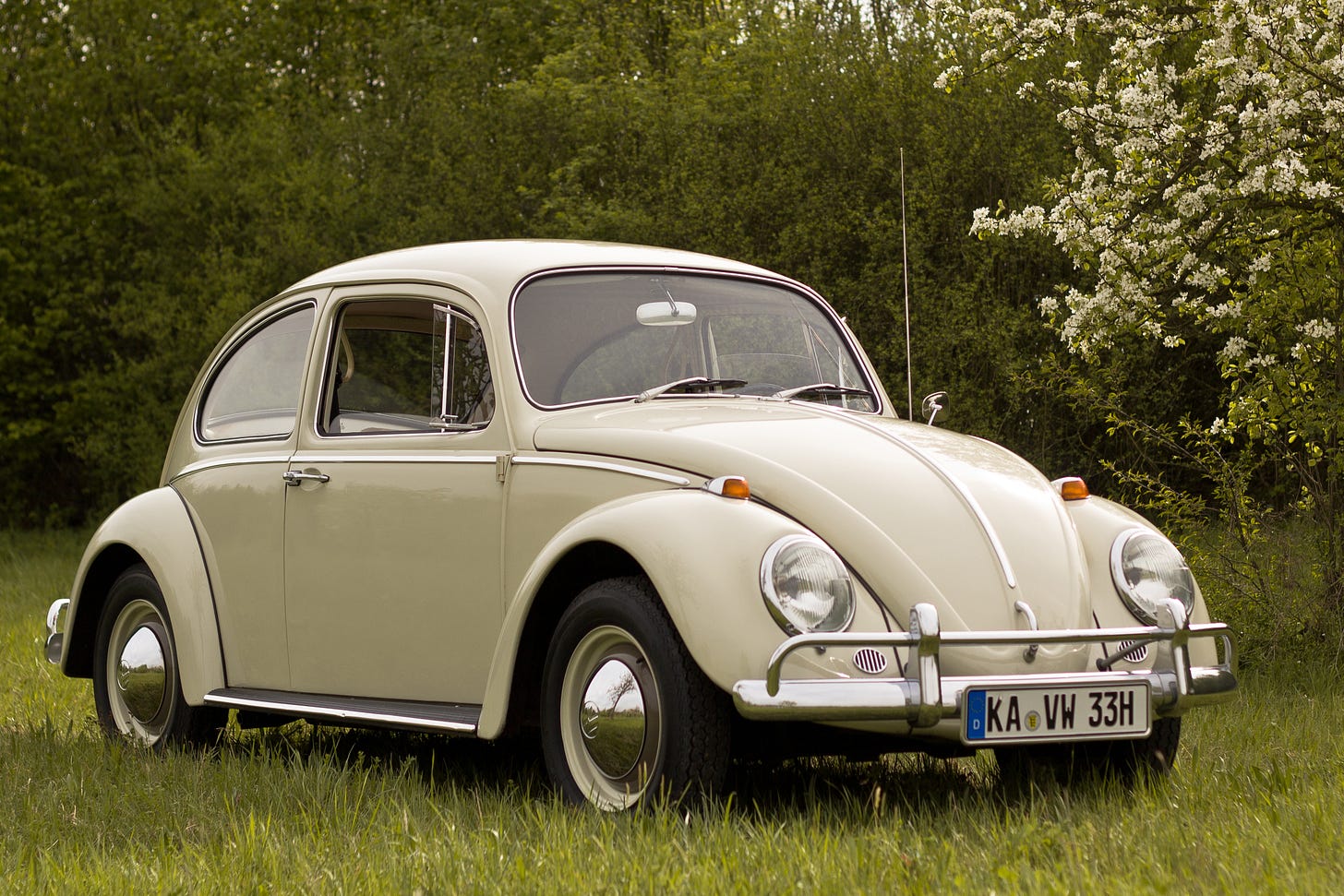Founder's Guide: The Importance of Brand Moats
I'm a technical person. My background is in Software Engineering and, later, AI Engineering (before that job description became cool). So, as you can imagine, I'm a bit 'engineer brained' – before becoming a founder, I thought a lot about beautiful code, and I hated sales, and I easily fell prey to the 'if I build it they will come' mentality.
But most of all, I had basically no respect for things like aesthetics and branding.
I don't use Apple products because I can't hack them. I basically have no fashion sense. Even though I live in Brooklyn and am a foodie, I really dislike most Brooklyn restaurants because I feel like I'm paying extra for the nice plants in the window and a menu printed in a nice italicized font.
I mention all of this because what I'm about to say will be controversial to all the people who think like I do: the strongest moat for basically any company is the brand moat.
I've written about moats in the past, here.
Companies live and die based on their ability to carve out unique niches for themselves. The starting goal of every company is to become a monopoly in some small part of a massive market. Once the company is indispensable in one small area, the company is free to expand while always maintaining a foothold. The initial monopoly point can be incredibly small -- maybe the market is only 100 people -- but as long as the company is a monopoly in that space, it can thrive.
...
A monopoly is defined by moats -- namely, the parts of your product or business model that prevent others from stealing your thunder. I tend to think of moats as ‘reasons people will use my product, even if someone else copies everything about it that is public’. Every startup needs to think at least a bit about what their moats are, how they can be strengthened, and how to build new ones. Once your moats are in place, you have a defensible position from which you can expand outward to exert influence and grow revenue.Or, put another way, a moat is something that increases the capital cost for competitors to steal your audience. Facebook's network effects are a moat. Amazon's warehouses are a moat. And so on.
I haven't written about brands in the past, but hey, no time like the present. Brands can feel ephemeral because they take so many forms. A brand can be expressed in social media posts and billboards, in your product features and your logo, in your website copy and the way you greet your customers. But the core essence of a brand is the social trust that you build up with your customers. It is a promise or a set of promises that your customers come to expect about your product and your company. And everything about your company derives from that promise.
A brand moat, then, is the social trust that you have built up with your audience, that your competitors will have to overcome to compete with you.
Silicon Valley is filled with people who are engineer brained, so I don't think branding and the brand moat gets talked about very much. We tend to focus more on 'providing consistent value to a target audience that no one else can provide'. And sure, that is absolutely critical for any company…but it's not a moat. If I'm providing value by creating gizmos, and GoogleFacebookAmazon can produce gizmos at half my cost, I'm shit out of luck the day they decide to compete. But if I can produce branded gizmos, gizmos that have value that is unique and non-fungible because they come from me specifically, well…then I have a shot.
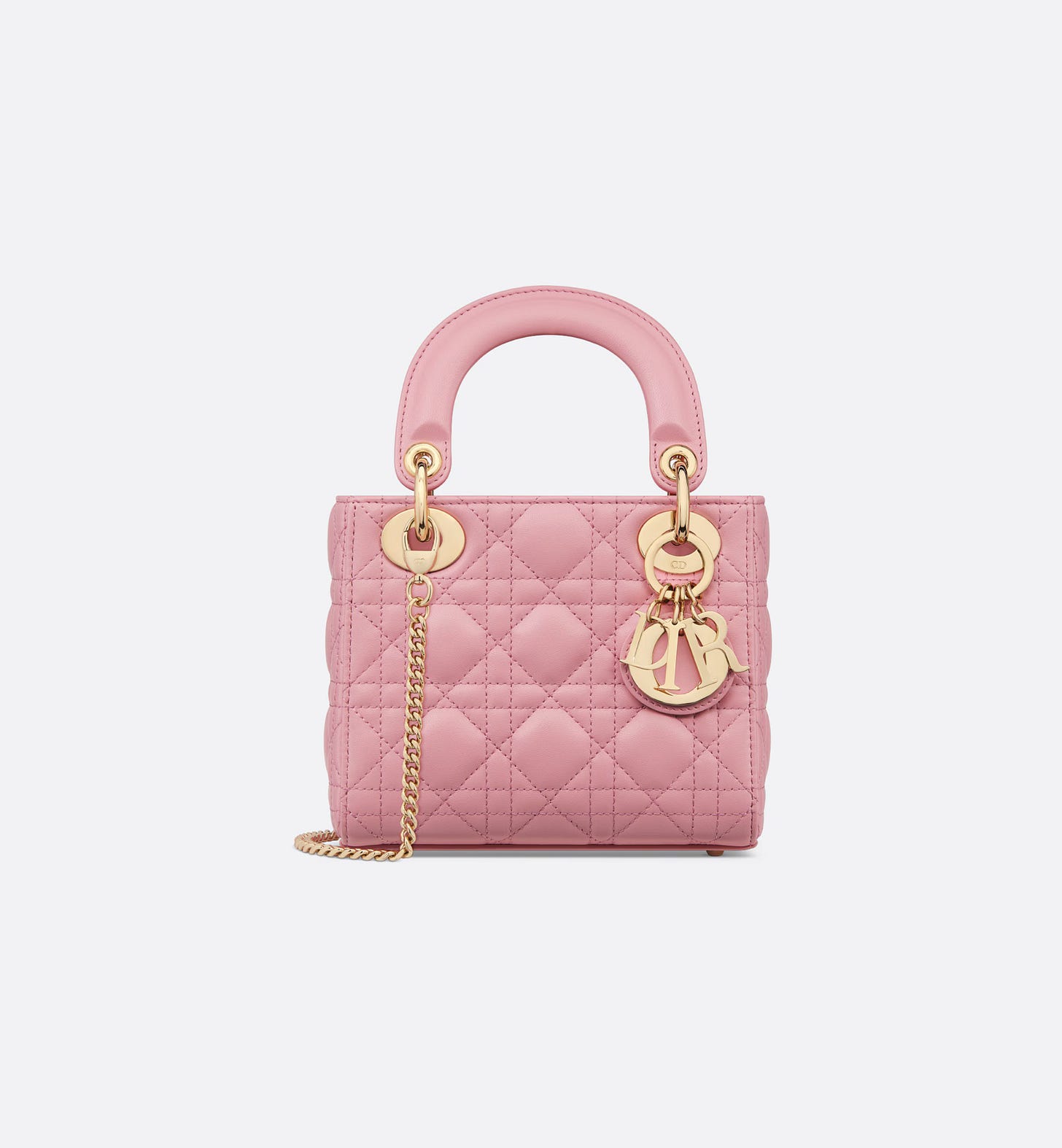
Funny enough, the vast majority of things in the world are sold on the back of brand moats. Apple is the world's most valuable company because their brand is 'sleek and cool' and everyone who's anyone wants to get the latest Apple shit so they too can be 'sleek and cool'. Branding is the backbone of fashion (see: LVMH or Nike) and food (Coke vs Pepsi) and movie studios (Pixar is famously 'diluting' their brand). Brand moats are the reason Disney and Nintendo are so litigious about how their IP gets used! Both companies depend on being known for their family friendly content, so both companies would rather sue everyone else into oblivion than let that brand slip for even a moment. TJs vs Wegmans, Lays vs Doritos, Ferrari vs Tesla. Brand brand brand.
When you go to McDonald's, you know what you're in for. Why? Because of the brand moat. It's not like McD's is doing anything special. Anyone can make a burger. Lots of people can make a better burger than the folks over at McD's. To put it in VC terms, McDonald's has no fucking "technical moat". Doesn't matter, though, because no one is going to give your burger a passing thought. You don't have the brand.
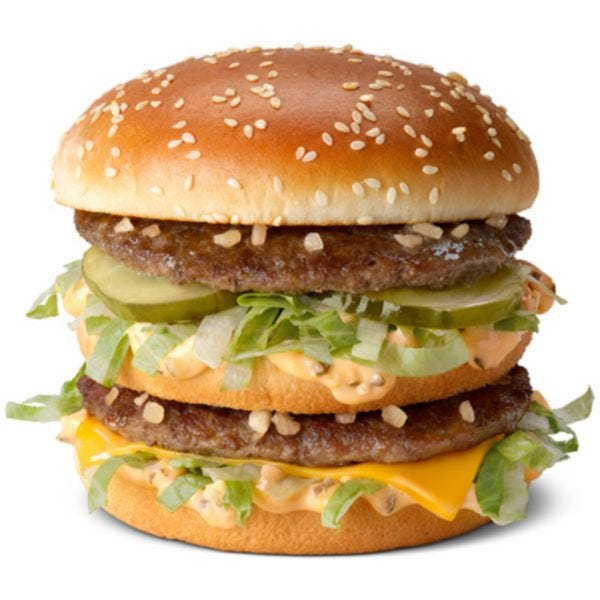
Another way to think of a brand moat: it's a shortcut on attention spans. Attention these days is at a premium, it's hard to get and even harder to retain. A brand is basically a way for someone who sees your company out in the wild to immediately know who you are and what you're about.
So how do you create a brand moat? A few critical pieces.
First, your company has to stand for something. It has to have a promise that it can deliver on that's separate from the value you are providing to the customer. Something that makes the things you're peddling unique. Maybe you care a ton about product quality, and you're willing to drive up prices to only produce the highest quality product (most luxury brands, like Rolex or Ferrari). Maybe you care a lot about accessibility, and you'll actually guarantee that you'll keep prices lower (e.g. Costco and their delicious hot dogs). Maybe it's actually about your environmental stance – anything you do is grounded in environmentalism and a concern about climate change (Patagonia). Whatever it is, decide early on because…
Second, your company has to be consistent. You can't flip flop around on your brand too much because building a brand moat takes time and repeatability. People have to see your company a few times for the brand messaging to really sink in; if it changes every time they see it, people are going to stop giving a fuck. Being consistent means making trade-offs. If you are really all about being super high quality, you cannot launch a cheap low-market product because it will devalue your brand / your ability to sell your high market stuff. If you are really all about environmentalism, you can't deliver your products using a bunch of styrofoam. And so on. Those trade-offs are actually good, because they set you apart from other people. It's better to be polarizing and loved by a few than seen as average by all. But these trade offs can be painful if they aren't planned for ahead of time.

Being consistent also means picking a set of visual representatives and sticking with them. Pick a logo. Pick a color palette. Pick a motto or tagline. And then stick with them for a while. Changing any of those should feel a bit painful, because it is. On the flip side, if you do a good job with this, you can just own basic shapes and colors and letters that will make people think of you automatically.
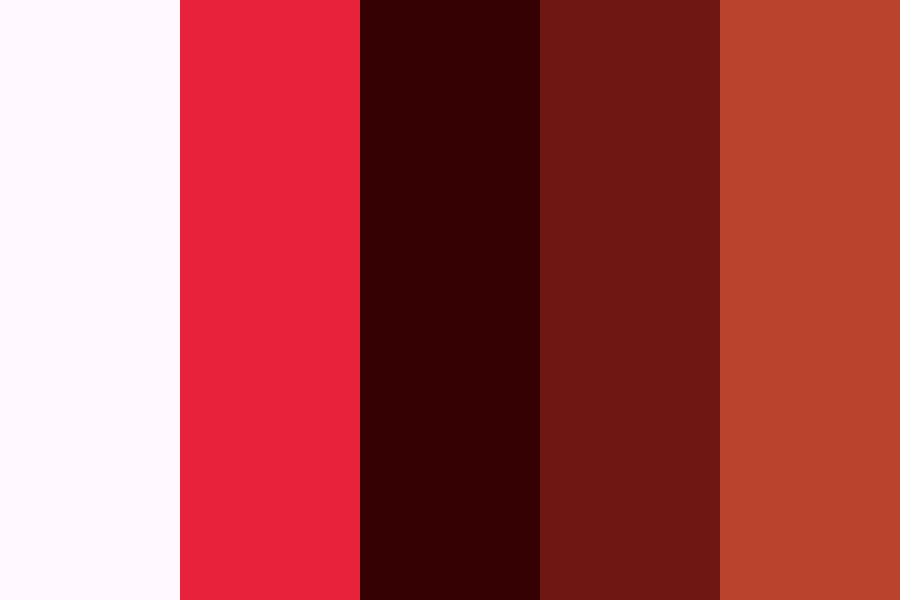
Third, you have to just get out there. Once you have your repeatable narrative, you should shout it from the roof-tops. The more people see your brand messaging next to your logo, the more they will automatically connect the two until just seeing the logo is enough to get the rest of the value prop. There's a reason why, when you're driving along a highway, McD's puts those golden arches way up high. The visibility matters – it will help with figuring out whether the brand works while also helping your audience recognize what your symbols are.
And finally, what if you decide you do want to 180 change your brand? Reboot the whole thing entirely. That means new name, new logo, new domain, new everything. Instead of trying to flip-flop the same brand along many different directions, you're better off starting from roughly zero.
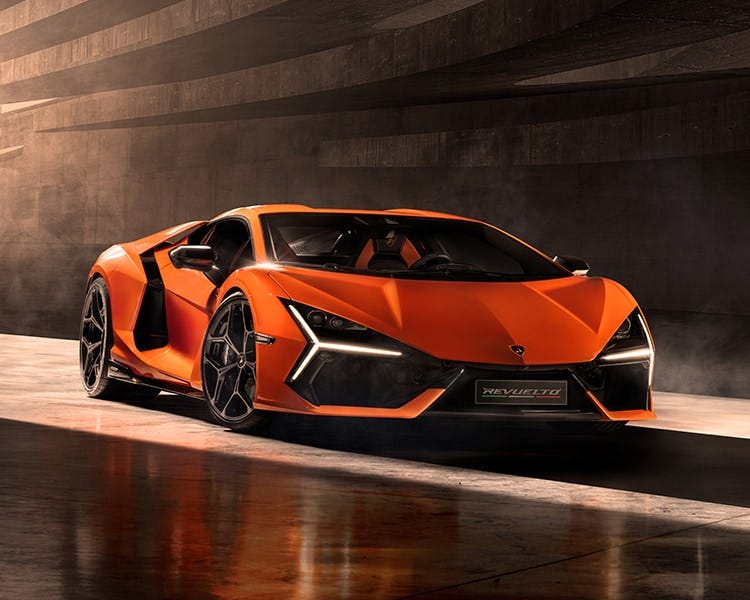
A good brand moat isn't a replacement for the value that your company provides to consumers. But it is something that will protect you when the copy cats come crawling out of the woodwork. If, tomorrow, someone copied your gizmo exactly, why would your customers still buy your product? If the answer is "because it's your product, and no one else's" you've got it made.


